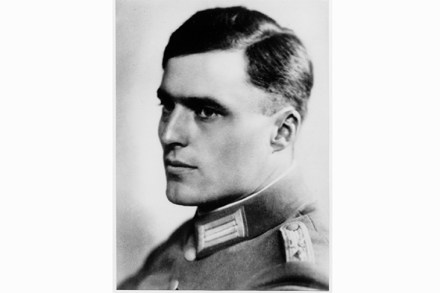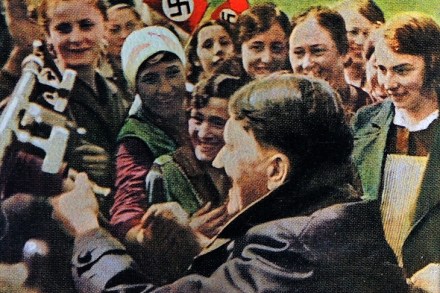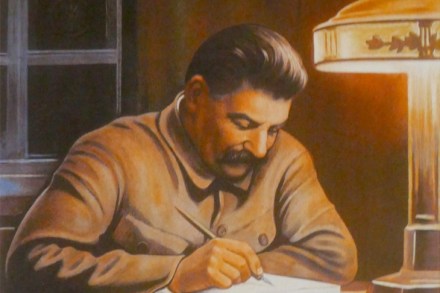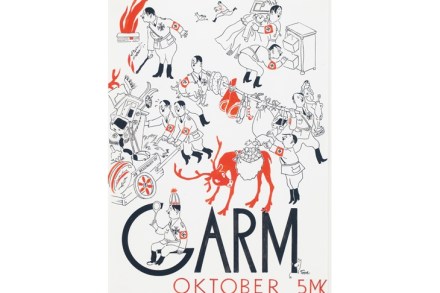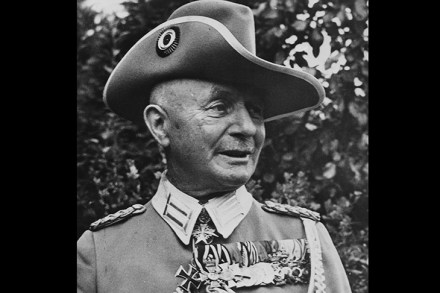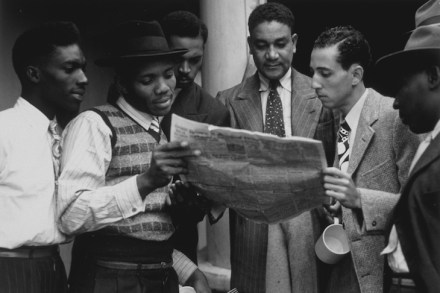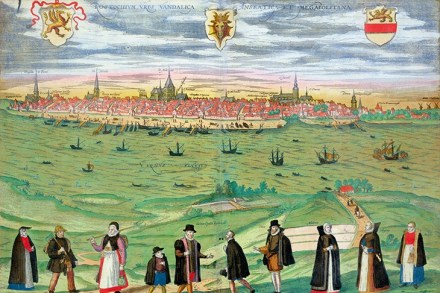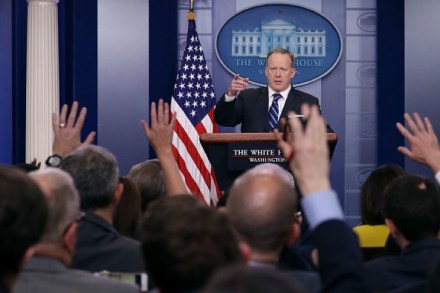Hitler’s admiration has severely damaged Wagner’s reputation
In the early 1920s a French businessman, Leon Bel, was looking for a name for his new brand of processed cheese. He remembered seeing a meat wagon on the first world war battlefields with the sardonic name ‘La Wachkyrie’. Like the Valkyries in Wagner, it brought solace to fallen soldiers in the field. Bel thought it would do very well, and gave his cheese the same name in a more orthodox spelling. La Vache Qui Rit (the Laughing Cow) is still very popular today. Reading this completely unsuspected story of a trademark in Alex Ross’s book, I wondered with some astonishment at this world. A businessman looking for a striking





